Creative Writing at Goldsmiths
Article
Creative Writing at Goldsmiths includes novelists, memoirists, essayists, poets and short-story writers; our staff has diverse research interests, but our common aim is explore the possibilities of form and voice in creative practice.
Programmes
Our own craftsmanship animates the principles of our writing workshops: what we practice, we teach; what we teach, we practise. The Writers’ Centre at Goldsmiths is the public heart of what we do. This forum is where contemporary writers talk about the things we never tire of discussing in research supervisions and workshops: language, reading, and practice. Our creative writers write in different forms and follow their own research interests, whether they are writing novels about art history, essays on uncertainty or poetry in dialect. Thus, we teach and supervise a wide breadth of different types of writing at Undergraduate and Postgraduate level.
- BA (Hons) English & Creative Writing
- MA Creative & Life Writing
- MA Creative Writing and Education
- MPhil/PhD Creative Writing
People
Dr Ros Barber
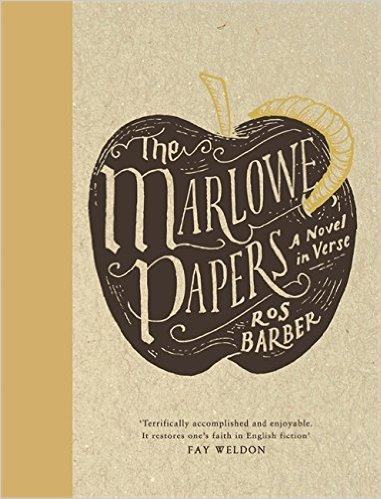 |
Ros Barber is a novelist, poet, and scholar. Her debut novel The Marlowe Papers (2012) was winner of the Desmond Elliott Prize, joint winner of the Author’s Club Best First Novel Award and long-listed for the Women's Fiction (formerly the Orange) Prize. Her second novel, Devotion (2015), was shortlisted for the Encore Award. You can hear her talk about it here on BBC Radio 4's Woman's Hour. Dr Barber's academic research into Early Modern literary biography falls into two main areas: Christopher Marlowe and his social circles, and the Shakespeare authorship question. Twice winner of the Calvin & Rose G Hoffman Prize for a distinguished publication on Christopher Marlowe (2011, 2014), she regularly is an acknowledged expert on Marlowe in the UK, and delivered the Marlowe Society's inaugural Annual Christopher Marlowe Lecture in 2015. Director of Research at the Shakespearean Authorship Trust, Dr Barber is author of the only neutral compendium of Shakespeare authorship information, Shakespeare: The Evidence. Her five Creative Writing PhD students are working on a Second World War novel focused on internment; a Korean-Canadian novel about multi-generational war trauma; a young adult novel about child smuggling; literary fiction focused on Caribbean sex tourism; and a fictional biography of Roget, the inventor of the thesaurus.
Maura Dooley
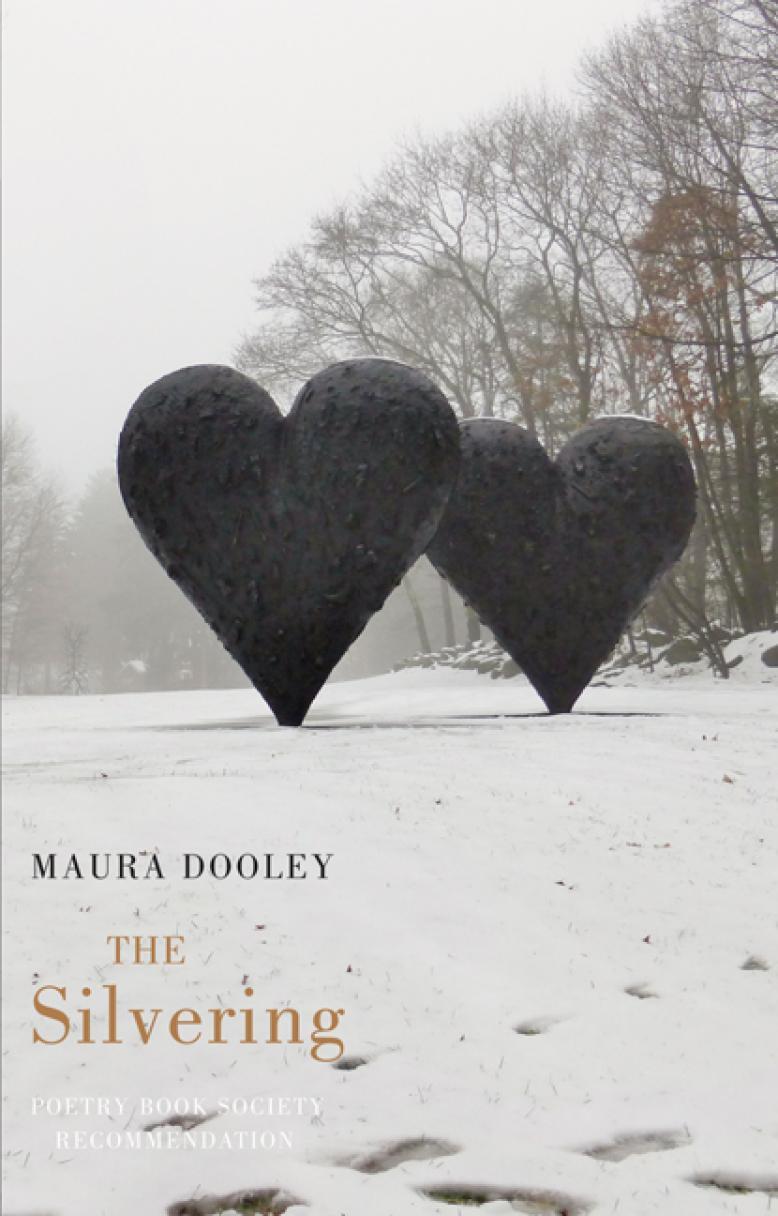 |
Maura Dooley’s most recent collection of poetry is The Silvering (2016). She has edited anthologies including The Honey Gatherers: Love Poems and How Novelists Work. She was Poet-in-Residence at the Jane Austen House Museum, Chawton in 2015. Her poems from the residency are published as a pamphlet: A Quire of Paper and she also commissioned and edited a sister-pamphlet, All My Important Nothings, in which other contemporary poets respond to the work of Jane Austen. In 2014 she published, with Elhum Shakerifa, a pamphlet of versions of work by the exiled Iranian poet Azita Ghahreman. She has twice been short-listed for the TS Eliot Award and twice for the Forward Single Poem Award. tIn 20016 she waas awarded the Society of Authors’ Cholmondeley Prize for her body of work and contribution to poetry. Her poem ‘Still Life with Sea Pinks’ was read in a recording made by the actor James Franco for the United Nations conference on climate change. She is a Fellow of the Royal Society of Literature. Her key research interests encompass contemporary poetry, collaboration, the short story and writing for the young adult. Since working for the Arvon Foundation under the chairmanship of Ted Hughes, she has continued to work closely with new and developing writers and has directed the MA programme in Creative and Life Writing from its inception in 2000. Amongst her current PhD students, three are working on collections of poems, and others on a Young Adult novel, a collection of short stories and a memoir.
Stephen Knight
 |
Stephen Knight's research interests are contemporary poetry, life writing and fiction (particularly fiction with an element of life writing). He has published several collections of poetry, including work in the phoneticised accent of his hometown, Swansea. His novel, Mr Schnitzel (the 2001 Arts Council of Wales Book of the Year) blends fiction with autobiography. At Goldsmiths, he has supervised six Creative Writing PhDs to completion, including work which has gone on to be shortlisted for the Costa Poetry Prize, longlisted for the Baileys Women Prize for Fiction, and to win the Desmond Elliott Prize. He currently supervises five PhDs in fiction and poetry, including a new translation of the Epic of Gilgamesh.
Adam Mars Jones
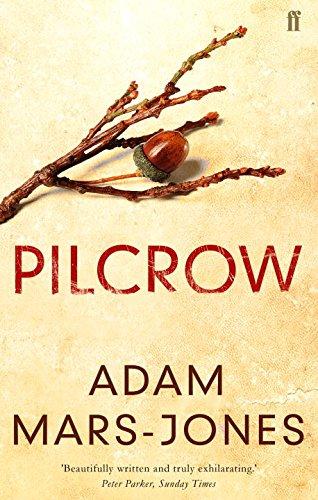 |
Adam Mars Jones’ major research project is the semi-infinite novel series Pilcrow, whose first volume appeared in 2008, the second (Cedilla) in 2011. He has side interests in life writing (Kid Gloves, published 2015) and film (Noriko Smiling, 2011). Students supervised are working on narratives about (for instance) the art scene in the 1990s and thereafter, starting with the YBA generation which is so much a part of Goldsmiths' past; about cloud photography in Malta; and about the severed putrid leg of Carol Ann Duffy being conveyed across the kingdom after she is hung, drawn and quartered for writing insufficiently sycophantic poetry about the royal family. This last project has been reconfigured as a dramatic piece, staged at the Writers' Centre in Norwich. The Poet Laureate has given her (slightly dismayed) approval. The prop leg is horribly convincing.
Prof. Blake Morrison
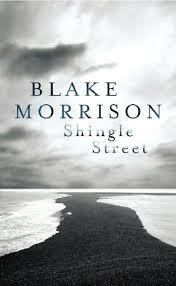 |
Blake Morrison’s research interests include contemporary poetry, contemporary fiction, life writing, journalism, film and theatre adaptations and libretti. His books include two memoirs, three novels, a study of the Bulger case and several collections of poetry, most recently Shingle Street (2015). He has supervised a number of creative writing projects that later became published books, including those by Bernardine Evaristo, Anthony Joseph, Virginia Peters and Wendy Jones. His current PhD students are undertaking work in a variety of genres, including travel/nature writing, memoir and fiction.
Francis Spufford
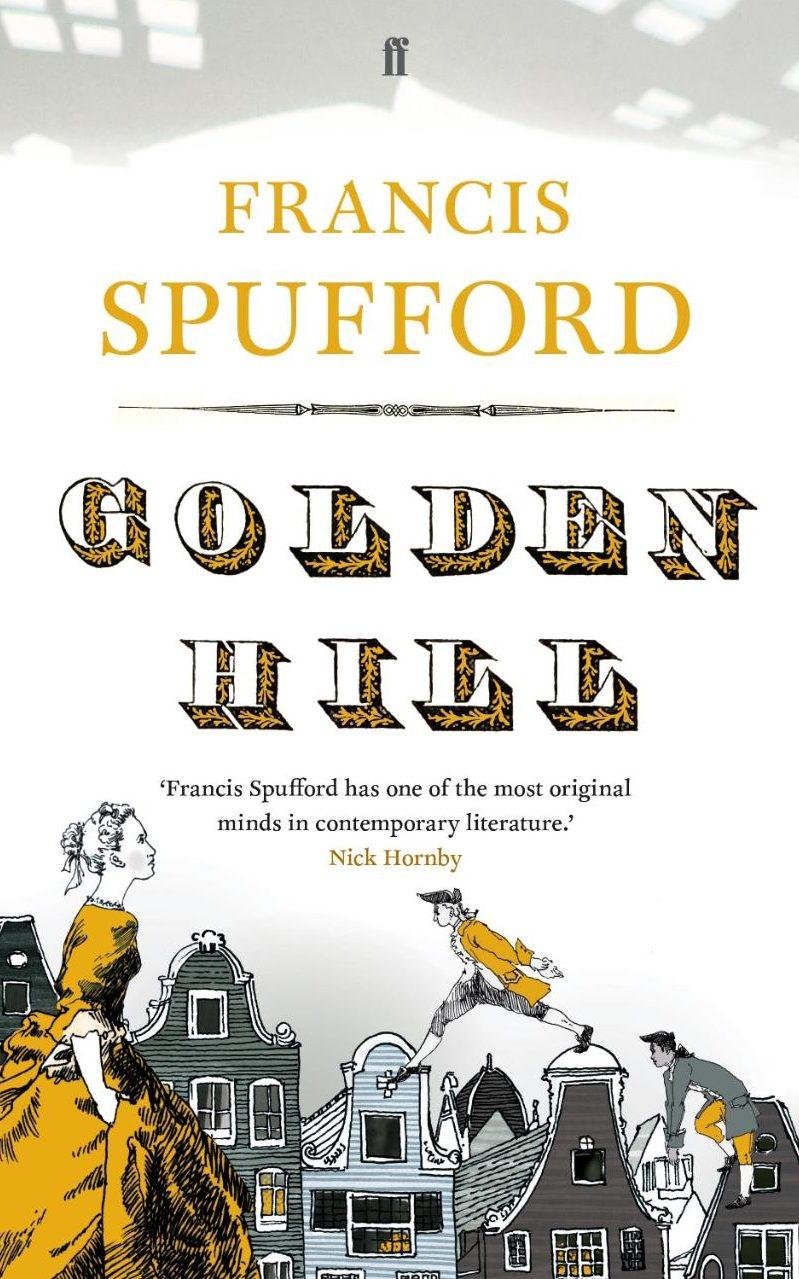 |
Francis Spufford's research interests tend to be dictated by the needs of the book he is working on. In the past they have included Soviet economic planning and cybernetics (for Red Plenty (2010)) and Christian apologetics considered as a narrative genre (for Unapologetic (2012)). His newest book, Golden Hill, draws in the political history of colonial America, the structure of the 18th century novel, and early modern finance, and it won the Costa First Novel Award 2016. He is at present thinking about V2 rockets, 1970s recording technology, and Millwall Football Club. He was chair of judges for the Goldsmiths Prize in 2014, and has been a Fellow of the Royal Society of Literature since 2007. His six PhD students in creative writing are working on four novels and two memoirs, ranging in subject matter from a decaying manor house in Dorset to a Young Adult dystopia by way of Katharine Mansfield's last days and Ireland conceived as multiple splinters of the multiverse.
Dr Jack Underwood
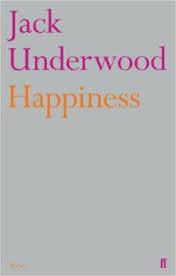 |
Jack Underwood's research interests are contemporary poetry and the field of creative writing studies. His first collection, Happiness, was published by Faber in 2015, following his debut pamphlet, published in 2009 as part of the Faber New Poets series. A poetry critic, he has written reviews and essays for Poetry London, Poetry Review, and Five Dials; he is also writing a non-fiction work, Not Even This, about poetic knowledge forms and uncertainty. He currently supervises six creative writing and literature PhD candidates, in subjects ranging from post-internet and found poetry, to fragmentation in the novel form.
Ardashir Vakil
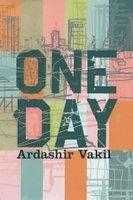 |
Ardashir Vakil is a novelist and short story writer who has published two award-winning novels. Beach Boy (Penguin, 1998) won a Betty Trask Award and was Shortlisted for the Whitbread First Novel Prize, while One Day (Penguin, 2003) was shortlisted for the Encore Award. Three recent stories, ‘Darius and Xerxes’ (2012), ‘Impromptu’ (2013), and ‘Last Time’ (2014), have been presented annually at New Imago Forum in Oxford, and two of the stories can be read on the journal’s archive. He is currently halfway through a new novel that deals with the lives of characters from the Parsi community of Bombay. Ardashir supervises four PhD students: one is working on a Life/Travel Writing account of a year spent in the Philippines, two are writing novels set in contemporary London and one is working on a historical novel set at the time of the Norman Conquest.
Dr Erica Wagner
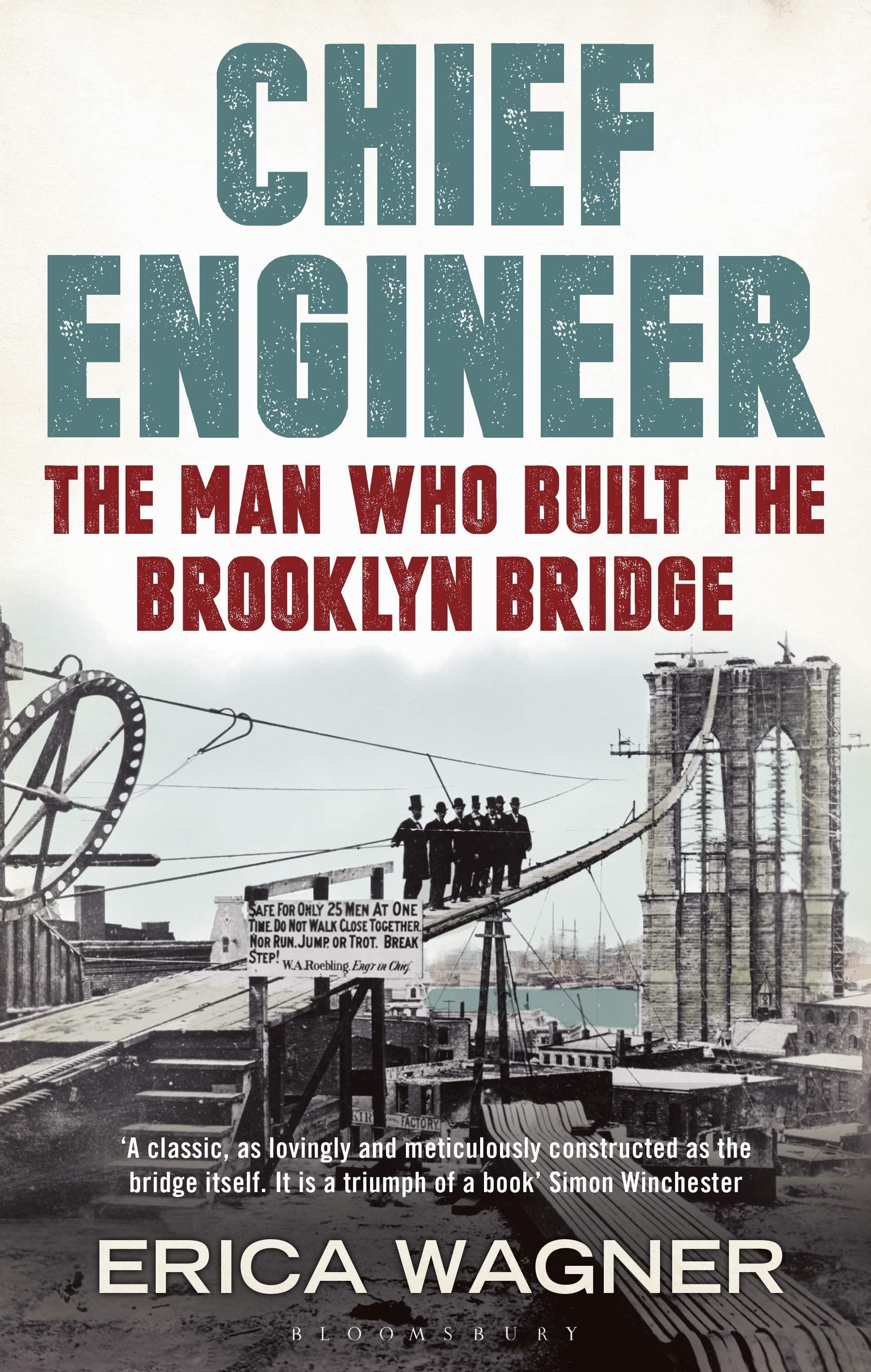 |
Erica Wagner joined the Goldsmiths faculty in autumn 2016, having worked as a guest tutor on the MA programme for two terms in in 2015 and 2016. Her research depends on what she is writing: for the past years Chief Engineer, her biography of Washington Roebling, builder of the Brooklyn Bridge (Bloomsbury, June 2017), has meant acquiring an understanding of bridge engineering, the American Civil War, and 19th-century American politics, among other things. But her interests are varied: she is now embarking on a book about T. S. Eliot and his friendship with Mary Trevelyan, a project due to be completed in the next two years and published by Faber & Faber. She was born in New York City and is the author of Gravity: Stories, Ariel's Gift: Ted Hughes, Sylvia Plath and the Story of Birthday Letters and Seizure, a novel; she is the editor of First Light: A Celebration of Alan Garner. Twice a judge of the Man Booker Prize, she was literary editor of The Times for 17 years and is now contributing literary editor for Harper’s Bazaar, a contributing writer for the New Statesman. She was the recipient of the Eccles British Library Writer’s Award in 2014.
Dr Naomi Wood
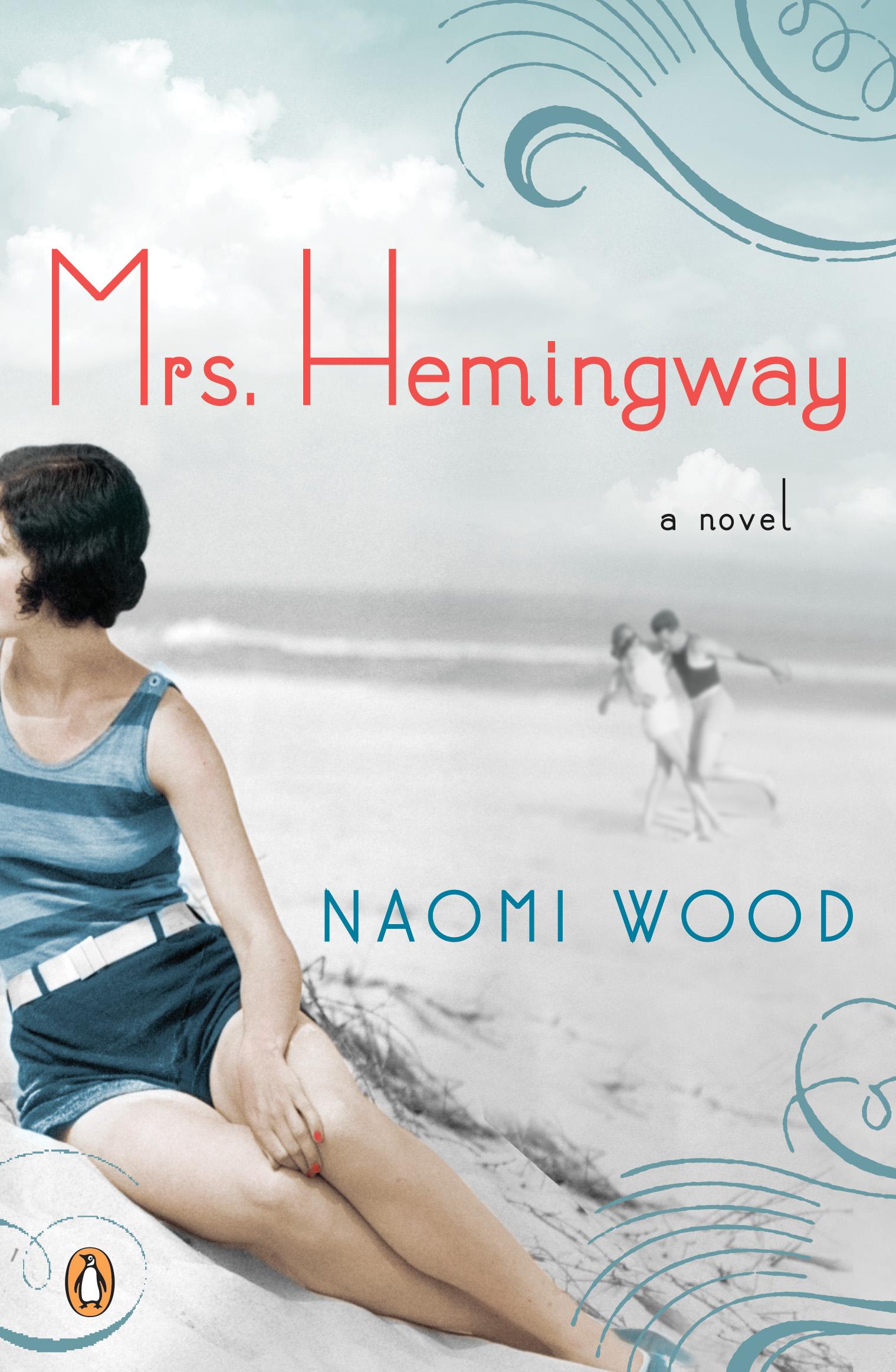 |
Naomi Wood’s first novel, The Godless Boys (2011), is a speculative history set in 1986, a dystopia where the religious and the antireligious live apart. Since then, her interests have become more grounded in history as we know it: Mrs. Hemingway (2014), which won a Jerwood Fiction Uncovered Award and was shortlisted for the International Dylan Thomas Prize, reimagines the lives of Ernest Hemingway’s wives. Naomi undertook an extensive amount of research at both the British Library and the Library of Congress for this novel, and she talks about her research using the British Library American collections here: (https://www.youtube.com/watch?v=osYEMkgWv1M). She talks more generally about the Hemingway women on BBC News here: (http://www.bbc.co.uk/news/entertainment-arts-26274448). Her next novel explores the lives of a group of students in the Bauhaus between 1922 and 1933. Dr Wood currently supervises four PhDs: a memoir, a novel, and two historical novels: one that also explores Germany art history in the twentieth century, and one that explores the English rural poor in the Mendip region in the early 19th century.